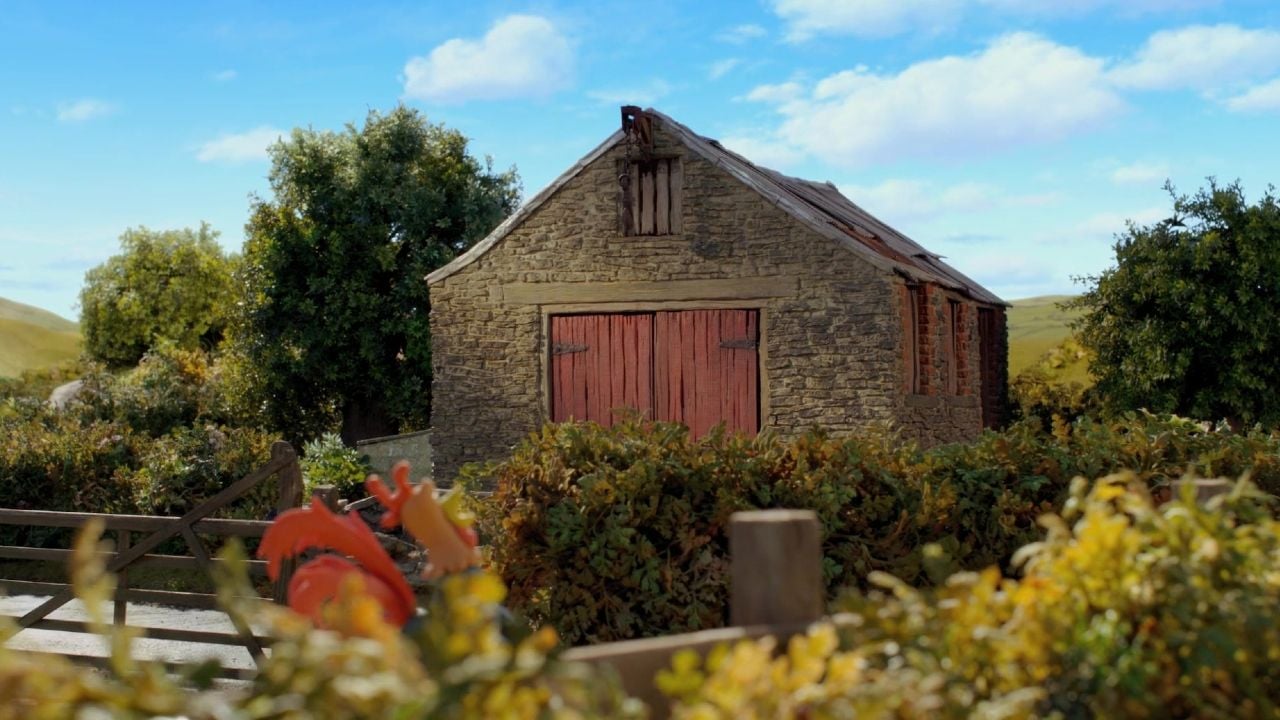“Extremely Inappropriate!”, a hit series in Japan that is now on Netflix, is causing young Japanese to reconsider the way they think about the previous generation.
In the plot, a moody and eccentric widowed physical education teacher tries to control his rebellious daughter in 1986, until she gets on a bus and finds herself in 2024, where the country’s culture is very different from hers.
Because “Extremely inappropriate!” Has the way of thinking of young Japanese people changed?
The program pays homage to the film saga “Back to the Future”, in which the young Marty McFly, living in the 80s, returns to the past, more precisely to the 50s, during his parents’ adolescence (in the first film) .
How do you get the score? The New York Timesthe writer, Kankuro Kudo, 53, and the executive producer, Aki Isoyama, 56, are members of Generation crazy by many.
In a less-than-subtle way, the series also comments on the evolution towards more inclusive and welcoming offices, but by implying that they leave work aside due to strict overtime rules and where employees repeatedly apologize for violating policies. “compliance rules”.
This representation gives Japanese people pause, because, especially on social media, they complain about how political correctness has been used as a “club” to limit freedom of expression, or to dilute television programs and films.
“Extremely inappropriate!” it saved how wild definitions were in the Showa era, which pleased many Japanese.
While “Extremely inappropriate!” was considered “retrograde” by critics, younger viewers say the series made them question social norms they considered correct, as well as wondering what had been lost.
One example is Rio Otozuki, 25, who, in an entertainment web post, said the program “must have left many viewers thinking to themselves that the Showa era was more entertaining.”
Initially, according to her, the girl was shocked by some of the ’80s behavior seen in “Extremely Inappropriate!”. In an interview, the young woman said she was glad she didn’t grow up during that time after seeing sexual harassment and extreme disciplinary measures, described as “so normal at the time.”
Otozuki also wondered whether people would feel more empowered to make their own choices. He recalled a variety show that aired on the series, in which young women frolic in revealing outfits and compete to slide their breasts out of their T-shirts, while a male host crawls between their legs and makes sexually suggestive comments.
At first the young woman didn’t think it was beautiful, but eventually she understood that if the stars “realized that their bodies are their tools and wanted to use them for entertainment”, then she would accept the approach shown in the imaginary program.
For her part, Kaori Shoji, an art critic who spent her adolescence in the 1980s, said she loved “Extremely Inappropriate!”, particularly appreciating the way the series highlighted the chilling effects of stricter surveillance in the workplace today.
Everyone is just playing to see who can be the least offensive person to ever walk the Earth. Everyone exchanges platitudes and nonsense because they are afraid to say something. Surely this cannot be good for a workplace.
Kaori Shoji, art critic

Go to the future
In addition to Ichiro (Sadao Abe), other characters, such as a feminist sociologist and her teenage son, return to the past, while Ichiro’s daughter spends one plot episode in the future, in which she meets a television producer and single mother. , which seeks to balance your work with your personal life.
Both eras are ridiculous, but they have their extremes: a modern network television producer interrupts the network’s on-air talent every few seconds to deem their comments inappropriate; a group of young people point out to Ichiro that the punctuation he uses in his messages is offensive.
Isoyama stated that he wanted to create a television show that reflected “a sense of unease with the conformism and trends of the modern era.”
“Of course we feel that things are moving in a better direction,” added the executive producer in an interview at the headquarters of TBS, the program’s original broadcaster, in Tokyo, Japan. “But we felt uncomfortable and were talking about it.”
Isoyama said he was surprised by the series’ popularity. “I wanted people to discuss it. And, of course, I wanted the younger generations to ask their parents: ‘Was the Showa era really like this?’”
As for Kumiko Nemoto, 53, a management professor at Senshu University, in Tokyo (Japan), where she focuses on gender issues, the program proposes simply to “go back and embrace 1980s Japan as if it were time improve”. .
He disagreed with the portrayal of modern youth as “very confused and hypersensitive about harassment.” To her, the female characters seemed stereotypical, with the contemporary feminist sociologist initially portrayed “as a ‘feminazi'” but ultimately as a “good mother”.
At the end of the program there is the message that we cannot find a middle ground, further evolving the grumpy teacher.
Shoji saw the series as a “fairy tale” that imagines what would happen if parents of the previous generation “had a second chance” to be kinder and more aware of the feelings of others.

Anna Akagi, 23, a freelance writer, said the show made her think that perhaps times haven’t changed much. Things that people expressed publicly without any shame have now simply migrated to anonymous posts on the Internet, she said.
“Maybe the form has changed, but the things that existed in Showa exist in Reiwa differently,” Akagi concluded.
The post-Netflix series leads young people to question previous generations and modern culture; Understanding appeared first on Olhar Digital.
Source: Olhar Digital
Rose James is a Gossipify movie and series reviewer known for her in-depth analysis and unique perspective on the latest releases. With a background in film studies, she provides engaging and informative reviews, and keeps readers up to date with industry trends and emerging talents.






